While each and every cat is different, some cats are noted to be a bit more neurotic or naturally nervous than others. If you happen to notice any sudden, erratic changes in behavior for your once happy and social cat, anxiety could very well be the underlying issue. Here are 5 ways to tell if your poor kitty is suffering from a case of anxiety:
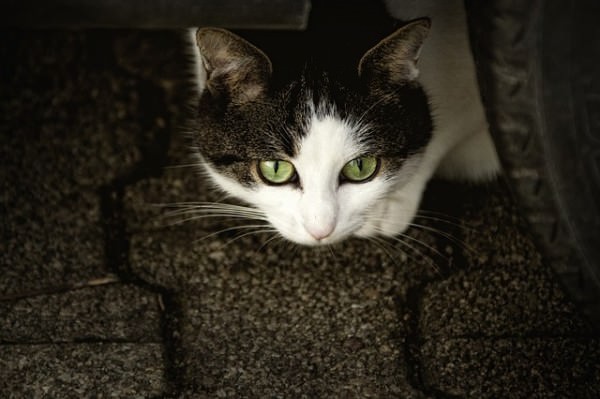
1. Here Kitty Kitty??
If your cat suddenly seems to retreat when you call them, or is often hiding from you or others in the home, this could definitely be a sign that they are coping with anxiety. Just like a human, when a cat is anxious they will likely choose to retreat away from others to maintain their privacy while they deal with their feelings that are troubling them.
Practice being extra gentle with them and do not force them to come out of their resting place if they don’t want attention at the moment. Cats can suffer from anxiety for a number of reasons, and changes in their home environment that aren’t adequately introduced is definitely one reason this condition can develop.
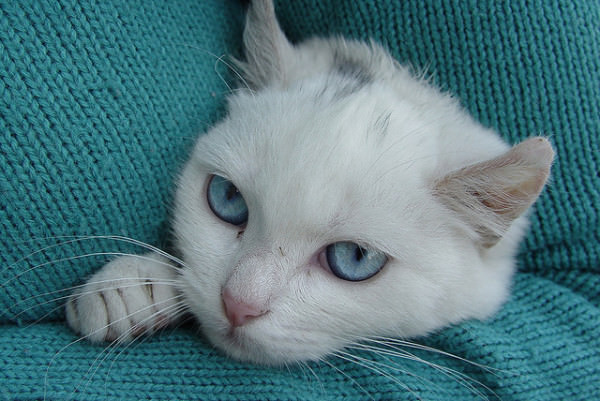 Source: Ângela Antunes via Flickr
Source: Ângela Antunes via Flickr
2. Suddenly Your Sweet Cat is No More
Your once super sweet and well-mannered cat may start to become destructive or misbehave as a means to deal with their anxiety. Cats can’t tell us exactly what it is that’s troubling them, so it’s good to address the issue up front so that it doesn’t escalate quickly. A well-behaved pet wouldn’t go repeatedly berserk on you without a solid motive, so try to discover the root of the problem and fix it for them. Boredom can result in anxiety for a cat that needs attention, and taking out their frustrations on you belongings is one way they can express their discontent to you.
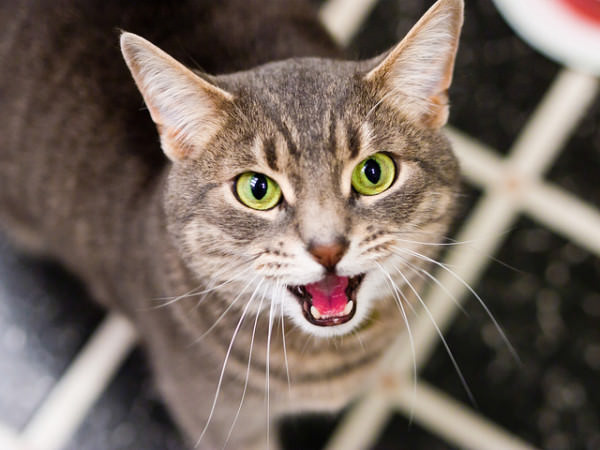 Source: Byron Chin via Flickr
Source: Byron Chin via Flickr
3. Your Once Quiet Cat is Excessively Vocal
Cats don’t have the ability to speak to us in our language, so if your cat has become excessively chatty in their meow language then this definitely means they are trying to tell you something. Often this vocalization will sound very troubled, something like a distress call that they need you as they are desperately trying to get your undivided attention.
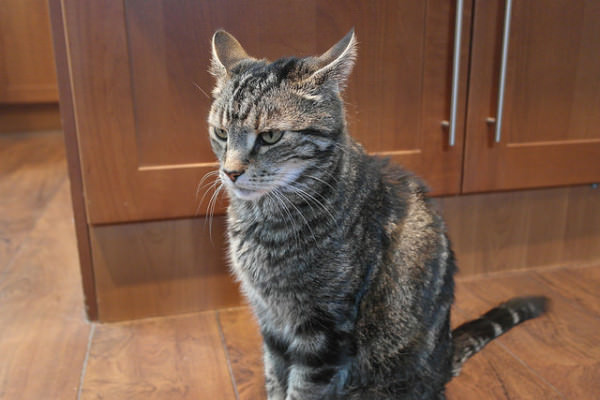 Source: draxil via Flickr
Source: draxil via Flickr
4. The Litter Box May Go Unused
If something is seriously troubling your cat, they may resort to excreting waste outside of their litter box when they are plagued with anxiety. Obviously this is not typical behavior for a cat as these are very clean and tidy animals, so take the hint that something major is going on and get to the bottom of the issue.
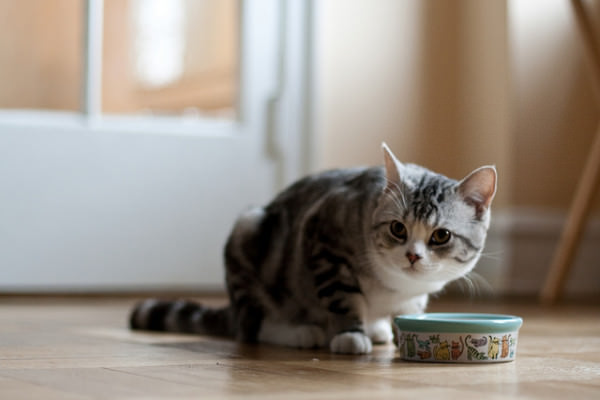 Source: Tom Thai via Flickr
Source: Tom Thai via Flickr
5. The Food Bowl Runs Empty or Stays Full
Cats are known to be fond of routines, and this is especially true in mature cats in terms of eating habits. If suddenly your cat seems to be shying away from their food bowl or extremely drawn to it more than ever before, this change in appetite can signal anxiety in your cat. Eating or choosing not to eat is a way for them to deal with their anxiety and a common sign that there is an underlying issue present.
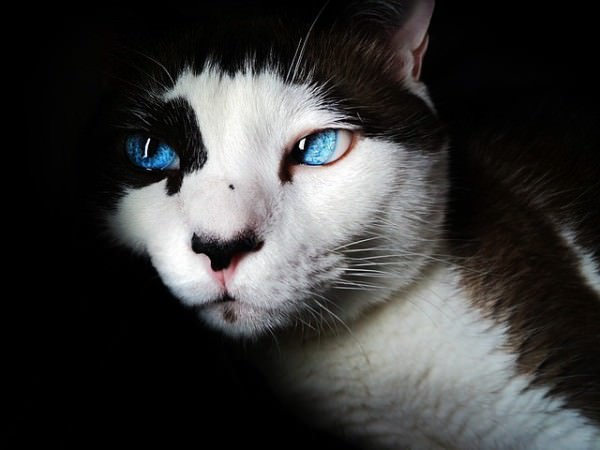
6. Your Cat Suddenly Seems Under the Weather
Generally speaking cats are healthy pets that do not suffer from many health problems. If you notice that your healthy cat appears lethargic, has difficulty keeping food down, or has developed a trembling issue, these are telltale signs that point towards anxiety in your cat. Once you notice any or all of these signs schedule an appointment with your veterinarian so that your cat can receive the medical attention that they need.
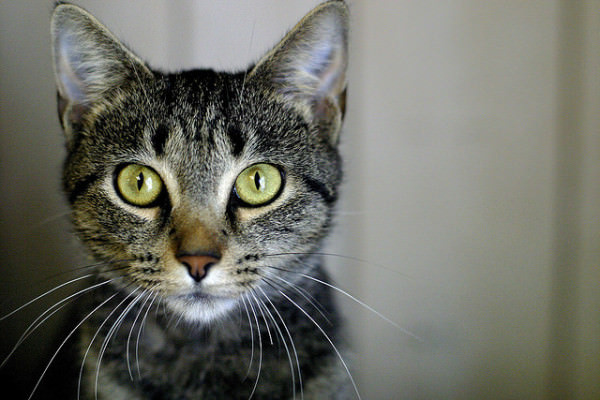 Source: Jason Paul Smith via Flickr
Source: Jason Paul Smith via Flickr
7. Kitty Can’t Sit Still
For an animal that sleeps up to 16 hours on almost any given day, a restless cat shouldn’t be a difficult sign of anxiety to spot. Humans who suffer from anxiety are known to pace or have difficulty sitting still, and this is true in cats as well. Anxiety triggers sensors in the mind that can cause your cat to feel stressed, nervous, and uneasy for no reason at all. It’s necessary to seek medical attention for your cat if they are in this condition because prolonged anxiety can definitely have an affect on their mental well-being in the long term.
